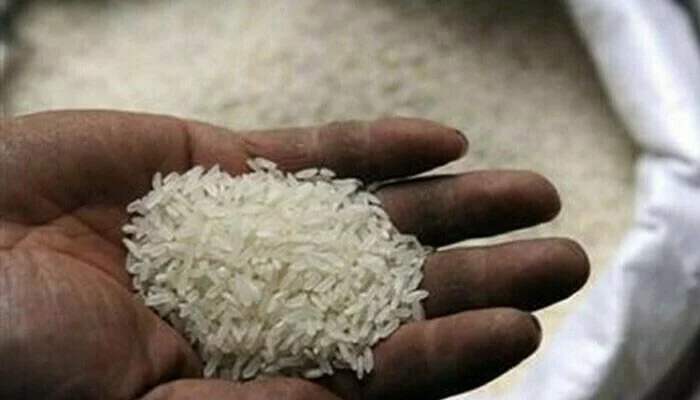Australia and New Zealand have dealt a major blow to India’s aspirations of claiming ownership of basmati rice by recognizing the prized long-grain commodity as a Pakistani product.
This move comes against the backdrop of New Delhi’s push to have basmati rice granted protected status in global markets as a uniquely Indian product — a push met with strong opposition from Pakistan, which asserts that the rice is part of a shared heritage between the two countries.
In December 2024, India approached the European Court of Justice after the European Union rejected India’s application for access to the annexures attached to Pakistan’s application for Protected Geographical Indication (PGI).
Despite the growing demand for the commodity in the United States and Europe, as reported by The Washington Post, its origins have never been more divisive or its future more uncertain.
Basmati rice is deeply rooted in the Punjab region, which is now divided between Pakistan and India. Archaeologists have found that early forms of it may have been cultivated here as long as 2,000 years ago, and written references to the rice appear as early as the 16th century when the Mughal Empire ruled over much of the Indian subcontinent.
From the outset, India and Pakistan have quarrelled over who produces the best basmati and who has the rightful claim to the name. During the 1965 Indo-Pakistani war, Pakistani farmers claimed that Indian soldiers had stolen their seeds.
New Delhi’s global efforts to secure ownership of basmati have largely stalled.
While an Indian case in the EU is still pending, Australia and New Zealand have rejected similar legal claims.



